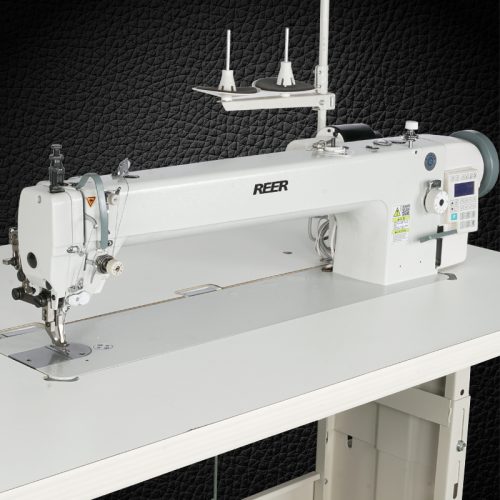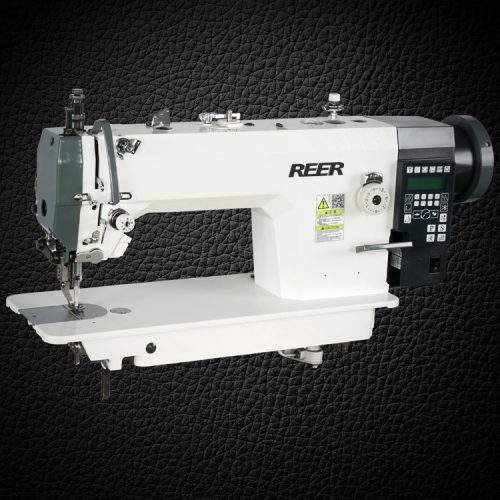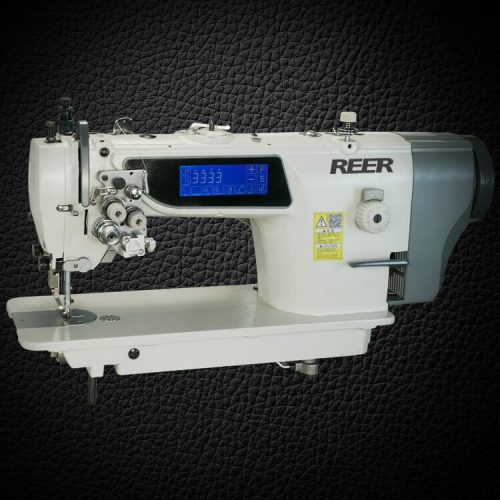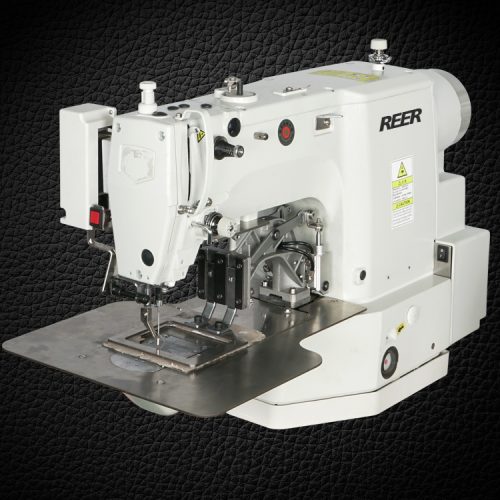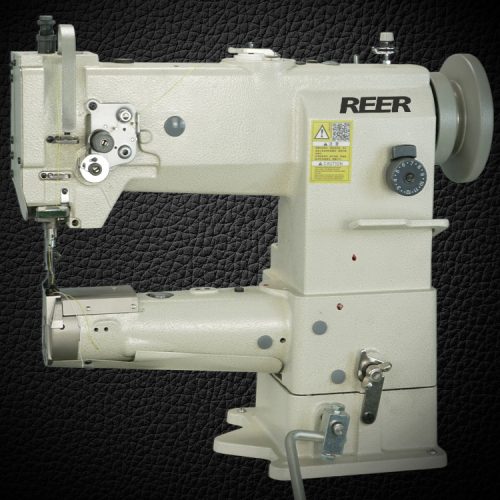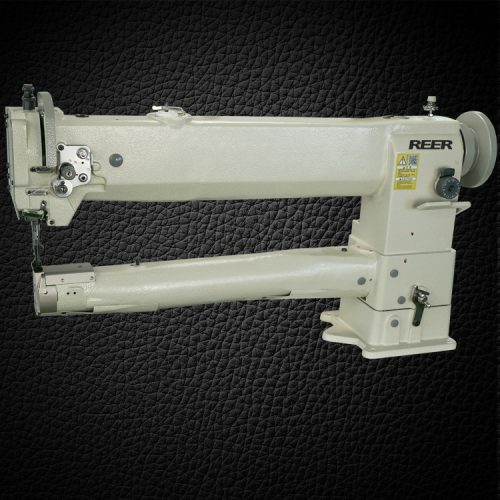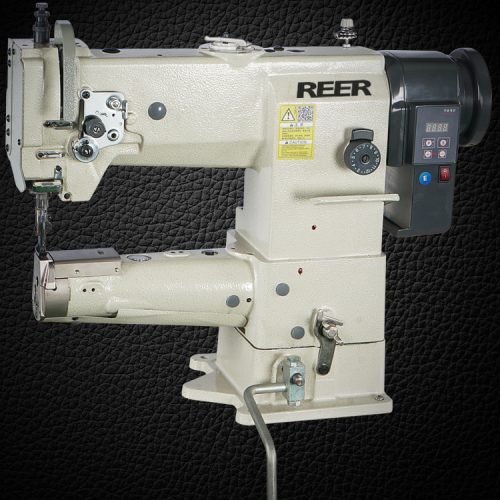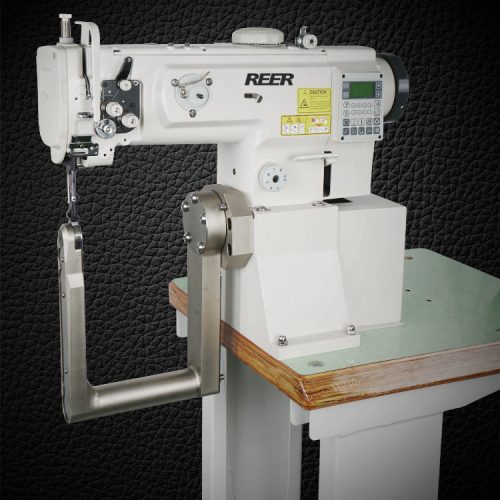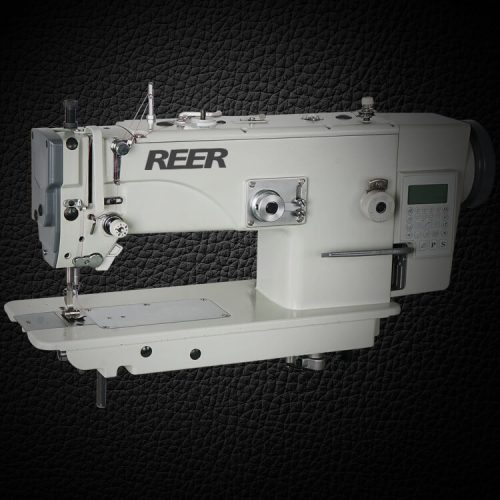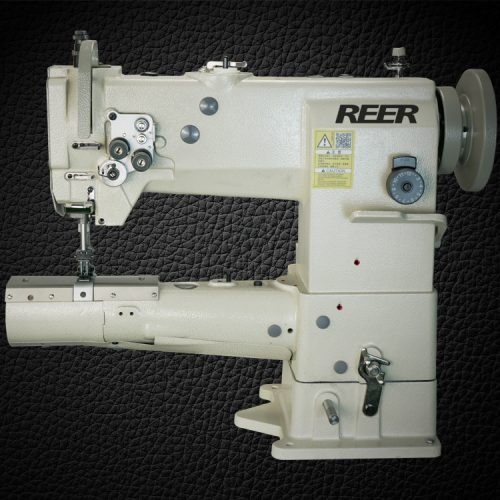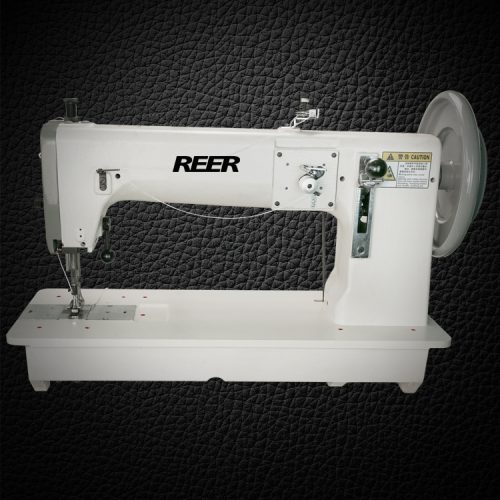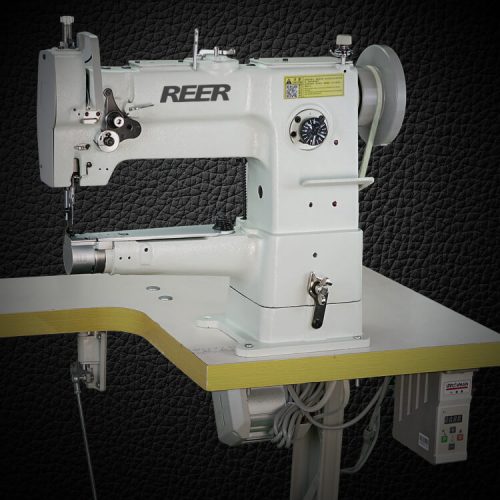Industrial sewing machines
Industrial sewing machines
Select a search category
Industrial sewing machines: professional machines designed for factory production
We have industrial sewing machines for sale, commercial sewing machine for sale, walking foot sewing machine for sale, and heavy duty sewing machine. They are indispensable equipment in factories, having won the trust of users with their stability, efficiency, and high-quality sewing results.
1. Characteristics of industrial sewing machines
Industrial sewing machines are specially designed for factories or other industrial production departments and are mainly used for sewing a large number of workpieces. They are usually driven by electric motors and can sew 1,000 to 10,000 stitches per minute depending on different uses and sewing materials. The sewing quality of industrial sewing machines is stable, and the stitches and seams formed are firm and uniform.
2. Types of industrial sewing machines
Industrial sewing machines are mainly divided into three categories: general sewing machines, special sewing machines, and decorative sewing machines. General-purpose sewing machines include household sewing machines, industrial flatbed sewing machines, cylinder bed sewing machines, overlock sewing machines, etc.; special-purpose sewing machines mainly include double-needle machines, bartack machines, button sewing machines, buttonhole machines, etc.; decorative industrial sewing machines mainly include computerized embroidery machines, lace machines, zigzag sewing machines, etc.
3. Components of industrial sewing machines
Industrial sewing machines generally consist of four parts: machine head, machine base, transmission, and accessories. Among them, the machine head is the main part of the sewing machine and consists of four mechanisms: thorn, thread hook, thread pick-up, and feeding, as well as auxiliary mechanisms such as winding, pressing, and thread setting. The movements of these mechanisms cooperate reasonably and work in cycles to sew the sewing materials together. The machine base is divided into two forms: platen and chassis. The platen of the table-type machine base plays the role of supporting the machine head and is used as a workbench during sewing operations; the chassis of the chassis-type machine base plays the role of supporting and storing the machine head function, making the sewing machine easy to carry and store. The transmission part is composed of a frame, a hand crank or an electric motor and other components. When in use, the operator steps on the foot pedal to drive the rotation of the pulley through the crank, and then drives the machine head to rotate through the belt. Most hand cranks or motors are directly mounted on the machine head. Accessories include needle, bobbin, screwdrivers, etc.
4. Advantages of industrial sewing machines
Industrial sewing machines have higher performance and richer functions than household sewing machines. First of all, industrial sewing machines are highly specialized. Most industrial sewing machines are specially designed for a specific workpiece or even a specific sewing process. Secondly, industrial sewing machines have high production efficiency and can quickly complete a large number of sewing tasks. In addition, the sewing quality of industrial sewing machines is relatively better, and the stitches and seams formed are more uniform.
Industrial sewing machine for Thick material: a powerful assistant for industrial sewing
In the field of industrial sewing, sewing machines for thick materials play an increasingly important role. This machine, specially designed for sewing thick-material products, has won the favor of many manufacturers with its powerful functions and efficient production capacity.
Ⅰ. The difference between sewing machines for thick materials and sewing machines for thin and medium-thick materials
Thick material sewing machines are mainly used for sewing materials that are thicker than ordinary sewing machines can handle. Compared with sewing machines for thin and medium-heavy materials, sewing machines for thick materials have significant differences in terms of thread take-up amount, rotation speed, tension of the thread clamp, and hook unthreading time. Here are a few specific points of distinction:
1. Different thread pick-up amounts: Sewing machines for thick materials generally use DP needles, while sewing machines for thin and medium-thick materials use DB needles. This is because the needle of the thick material machine is thicker and is suitable for processing thicker wire.
2. Different speeds: The speed of sewing machines for thick materials is generally slower than that of sewing machines for thin and medium-thick materials. This is because thick material sewing machines require stronger power and stability to cope with sewing thick materials.
3. The strength of the thread clamp is different: the pagoda spring strength of the thread clamp of a thick material sewing machine is stronger than that of a medium-thick material and thin material sewing machine. This is to ensure that thick materials can be stably transported and controlled during the sewing process.
4. The hook off-line time is different: the hook off-line time of sewing machines for thick materials is earlier than that of sewing machines for thin and medium-thick materials. This is because during the sewing process of thick materials, the thread removal operation needs to be performed earlier to ensure the stability and beauty of the stitches.
Ⅱ. Performance advantages and functions of sewing machines for thick materials
Thick material sewing machines have many unique properties and functions, making them occupy an irreplaceable position in industrial production. The following are the main advantages of sewing machines for thick materials:
1. Efficient production capacity: Thick material sewing machines sew thick materials and have higher production efficiency. It can complete sewing tasks quickly and accurately, greatly improving production efficiency.
2. Precise stitch control: The thick material sewing machine adopts advanced feeding and control systems to ensure precise stitch control during the sewing process. This makes the sewn products not only beautiful but also durable.
3. Suitable for a variety of thick materials: The thick material sewing machine is suitable for sewing a variety of thick materials, such as shoes, sofas, container bags, seat belts, tents, leather, etc. This makes it widely used in various industries.
4. High-quality spare parts: The thick-material sewing machine uses precision spare parts to ensure the high reliability and long life of the machine. At the same time, this also means that the maintenance and upkeep of the machine are relatively simple, reducing operating costs.
5. Intelligent operation: The thick material sewing machine has patented design, integrated direct drive, automatic thread trimming, pneumatic presser foot lift, reverse stitching device, and other functions, realizing intelligent operation and greatly improving quality control in the production process.
6. Strong technical support: Our REER brand thick-material industrial sewing machines incorporate many years of experience and technology accumulation in the design and manufacturing process. We provide all buyers with comprehensive technical support and after-sales service to ensure that you have no worries during use.
Ⅲ. Application of thick material sewing machines in various industries
Although thick material sewing machines are mainly used in industries such as luggage, handbags, and clothing, it is also widely used in many other fields. Here are some application examples of thick material sewing machines in different industries:
1. Luggage industry: Thick material sewing machines are very commonly used in the luggage industry. It can quickly and accurately sew materials of various thicknesses, such as leather, canvas, etc., ensuring product quality while improving production efficiency.
2. Handbag industry: During the production process of the handbag industry, thicker materials often need to be sewn. The emergence of thick-material sewing machines enables faster and more accurate sewing operations during the production process.
3. Clothing industry: In the clothing industry, sometimes thicker materials need to be sewn, such as woolen, cotton-padded clothes, etc. The use of sewing machines for thick materials allows garment manufacturers to complete these tasks more efficiently. At the same time,
it can also be used to make various decorations and accessories, such as collars, cuffs, etc.
4. Shoe and hat industry: In the shoe and hat industry, thick materials such as shoe uppers, hat brims, etc. often need to be sewn. The use of thick material sewing machines enables these operations to be completed more quickly and accurately during the production process.
5. Toy industry: In the toy industry, sometimes thick materials need to be sewn, such as the outer skin of stuffed toys. The use of sewing machines for thick materials allows toy manufacturers to complete these tasks more efficiently. At the same time, it can also be used to make various decorations.
In conclusion, the thick material sewing machine stands as a powerful ally in industrial sewing, revolutionizing production across diverse industries. Our REER brand, with its advanced features and strong technical support, ensures a seamless experience for manufacturers seeking efficient and precise sewing solutions.

